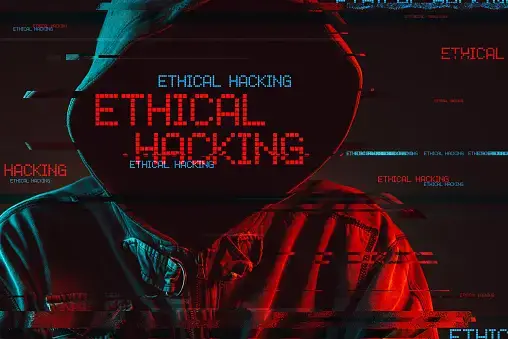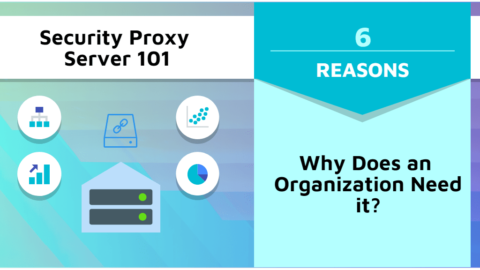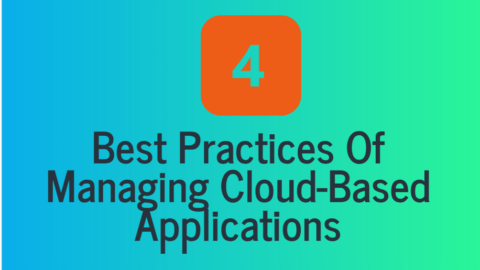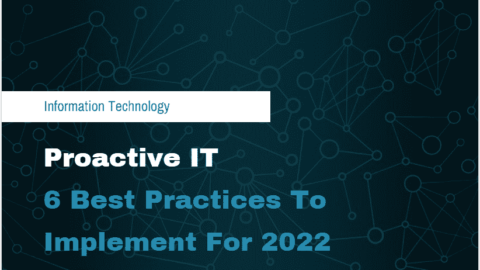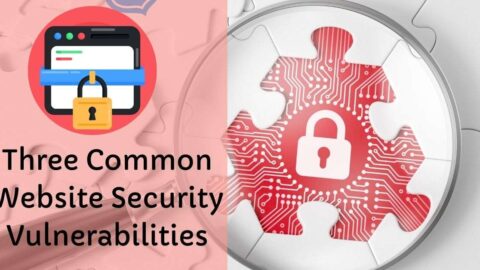Exploring the Path to a Career in Ethical Hacking: Can it Become a Full-Fledged Profession?
Ethical hacking, also known as white-hat hacking, is an authorized practice designed to secure systems by finding vulnerabilities before malevolent parties can exploit them. This method turns a potentially destructive act into a proactive solution for system security. In recent years, ethical hacking and being a certified ethical hacker has become invaluable for businesses looking to protect private data and mission-critical IT assets. So should you head down this career path, and how can you go about doing so?
Table of Contents
The Essential Skills Required for Ethical Hacking
A proficient ethical hacker should possess a structured set of skills, both technical and non-technical. Key abilities include:
- Programming Knowledge: Familiarity with programming languages like Python, Java or C++ helps in automating tasks and understanding potential weaknesses in code.
- Understanding Networks: You need thorough knowledge about systems such as TCP/IP and HTTP to be able to dismantle them efficiently.
- Strong problem-solving skills: Decoding the issue at hand requires critical analysis, making effective problem-solving an indispensable skill in this field.
- Communication: Conveying your findings via detailed reports is fundamental to helping others understand any vulnerabilities identified.
Though challenging, honing these traits can lead you to become a successful ethical hacker.
Educational Pathways to Becoming an Ethical Hacker
Embarking on a journey to become an ethical hacker requires specific educational routes. These could vary from person to person but generally include:
- Formal Education: Degree courses in Computer Science, Cybersecurity, or Information Technology provide comprehensive foundational knowledge.
- Certifications: Designations like Certified Ethical Hacker (CEH), CompTIA Security+, and CISSP are highly recognized and can increase employability.
- Online Learning: Platforms like Coursera, and Udemy offer plentiful resources for self-paced learning in various aspects of ethical hacking.
- Internships: Practical experience matters. Working under experienced professionals provides valuable hands-on expertise that is hard to match.
Regardless of your chosen path, continuous learning is central to developing as an adept ethical hacker.
Finding a Job as an Ethical Hacker
Navigating the job market to find opportunities ideal for your development can be tricky but not if you follow these steps:
- Build Connections: Network with current ethical hackers, join related clubs, or online forums. Your next opportunity could come from someone within these groups.
- Review Online Jobs Portals: Regularly check platforms for opportunities, like the certified ethical hacker jobs posted by Cyber Security Jobs. Also, keep your resume updated on those sites for the best results.
- Showcase Skills in Hackathons: Participate actively in hackathons. Not only do they offer prizes but are also great exposure to potential employers who recognize talent during such events.
- Build a Strong Portfolio: Practice your skills by participating in capture-the-flag (CTF) competitions and bug bounty programs. Document your findings and successes, and maintain a portfolio showcasing your work. This can include write-ups, reports, and any relevant projects or research you have undertaken.
- Create an Impressive Resume: Tailor your resume to highlight your skills, certifications, and relevant experience. Emphasize any notable achievements, such as identifying and fixing security vulnerabilities or successful bug bounty submissions. Provide concrete examples of your work and clearly articulate your expertise in ethical hacking.
- Continuous Learning: The field of cybersecurity is constantly evolving, so it’s crucial to stay updated on the latest threats, vulnerabilities, and countermeasures. Engage in continuous learning through self-study, online courses, and industry publications. Pursue advanced certifications and participate in relevant training programs to enhance your skills and knowledge.
- The right blend of diligence, skills demonstration, and strategic navigation through resources can land you an ideal role in this booming profession.
Career Progression and Future Prospects
The ethical hacking profession has a promising future owing to the escalating demand for cybersecurity. Here are a few possibilities you could anticipate as your career progresses:
- Higher Level Roles: With experience, certified ethical hackers can progress to roles such as Information Security Manager or Cybersecurity Analyst.
- Consultancy Services: Many companies don’t have an in-house cybersecurity team, and instead look for external consultant services, making it a big potential market.
- Specialization Opportunities: Further specialization areas include cloud security, wireless security, and application security offered by multiple institutions globally.
The growth trajectory of this field is not linear but consistently rising. Always keep tuning your skills according to industry demands and never stop broadening your horizon about new threats emerging every day.
- Entry-level: To start a career in ethical hacking, a strong foundation in computer science, networking, and cybersecurity is essential. Entry-level positions may include roles such as security analyst, security consultant, or junior penetration tester. Gaining practical experience and certifications like Certified Ethical Hacker (CEH) can help in career advancement.
- Mid-level: With experience and expertise, professionals can move into mid-level positions such as senior penetration tester, security engineer, or security consultant. At this stage, specializing in specific areas like web application security, mobile security, or network security can enhance career opportunities.
- Senior-level: Senior ethical hackers often hold positions such as security architect, security manager, or chief information security officer (CISO). They are responsible for designing and implementing comprehensive security strategies, managing teams, and ensuring the overall security posture of an organization.
Is ethical hacking a good career?
Yes, ethical hacking can be a good career choice. The increasing demand for cybersecurity professionals, the potential for growth and specialization, and the opportunity to protect organizations from cyber threats make it a promising and fulfilling career path for individuals with the right skills and passion for security.
Do ethical hackers make money?
Yes, ethical hackers can make money through various avenues. Some ethical hackers work as full-time employees or consultants for organizations, earning salaries or fees for their services. Others participate in bug bounty programs, where they receive financial rewards for finding vulnerabilities in systems. Additionally, ethical hackers may offer their expertise for penetration testing, security audits, or consulting services, which can be monetized. The income potential for ethical hackers can vary based on their experience, skills, reputation, and the demand for their services.
Final Thoughts
Simply put, becoming an ethical hacker isn’t just a stop-gap option, but a legitimate career that will make a meaningful contribution to the fight against malicious actors online. So if it appeals to you, don’t hesitate to take the plunge.
Remember, the field of ethical hacking is highly competitive, so perseverance and a genuine passion for cybersecurity will be valuable assets. By demonstrating your expertise, building a strong professional network, and continuously improving your skills, you’ll increase your chances of finding a job as an ethical hacker.

Vice President, İntelligent Design & Consultancy Ltd
Over 12 years of global & rich experience in Portfolio & Program Delivery Management in leading & managing IT Governance, PMO, IT Portfolio/Program, IT Products, IT service delivery management, Budget Management, and more.

